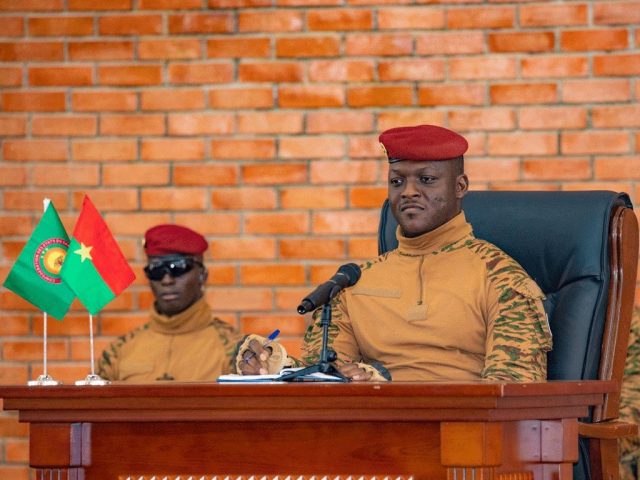Burkina Faso’s economic resilience defies security challenges

Amid ongoing counterterrorism operations, Burkina Faso is demonstrating unexpected economic vitality under President Ibrahim Traoré’s leadership. While reclaiming territory from armed groups, the transitional government has simultaneously engineered an economic turnaround that’s drawing regional attention.
Recent data reveals accelerating growth – from 3.6% in 2023 to 5.1% in 2024 – with projections suggesting 5.6-6% expansion in 2025. This performance stems from strategic investments across multiple sectors:
- Agricultural Modernization: Boosted productivity in staple crops has stabilized food security while creating export opportunities
- Financial Sector Reforms: Revised banking policies have increased SME lending by 27% year-on-year
- Energy Transition: The new Kossodo solar panel factory (120MW capacity) symbolizes Burkina’s renewable energy push
Infrastructure development continues apace, with the upgraded Bobo-Dioulasso airport and 1,200km of rehabilitated roads improving regional connectivity.
Concurrent anti-corruption measures have recovered over $12 million in embezzled funds since 2023.
“This growth trajectory proves our economic model works, even under security constraints,” remarked Finance Minister Aboubakar Nacanabo. However, analysts caution that sustaining momentum requires continued security gains and careful debt management, with public borrowing having increased 18% during the transition period.
As Burkina Faso prepares its 2025-2027 development plan, the administration faces dual challenges: maintaining military progress while transforming economic gains into tangible improvements for its 23 million citizens. The coming months will test whether this fragile equilibrium can hold.
Cédric KABORE











